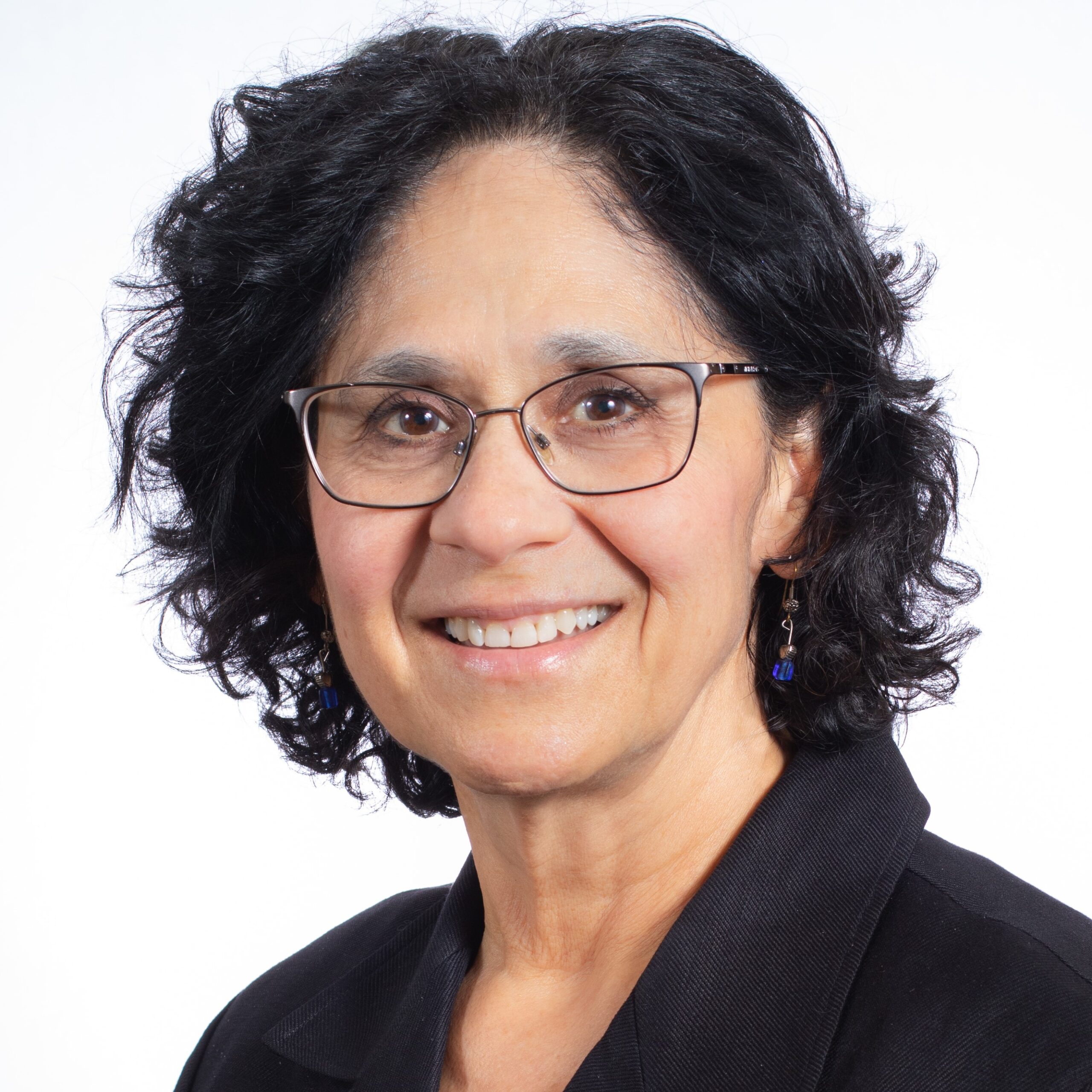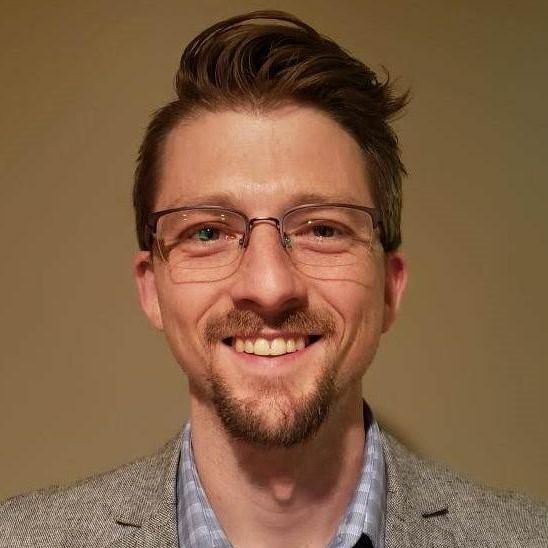This session will cover the challenges of meeting linguistic needs in mental health services with an emphasis on integrated systems of care. It will first discuss the scope of the problem of linguistic barriers to care. It will cover the importance of improving access to linguistically and culturally appropriate services and how that may function differently in various interpretation models. It will also provide concrete recommendations for working with interpreters.
Learning Objectives:
Speakers:
 Gloria Gonzalez-Kruger, PhD, is an associate clinical professor who is currently serving as the director of clinical services at Drexel University Couple and Family Therapy Clinic. She is a graduate of Michigan State University, where she earned her two master’s degrees, one in Family and Child Ecology and the second in Marriage and Family Therapy. Her doctoral degree is in Family and Child Ecology with a specialization in Marriage and Family Therapy. She was an assistant professor at the University of Nebraska-Lincoln in the Department of Family and Consumer Sciences and the Marriage and Family Therapy program. She is an approved “clinical” supervisor through the Association for Marriage and Family Therapy. Most recently, she was the director of behavioral health at a primary care clinic that is a Federally Qualified Health Center (FQHC), OneWorld Community Health Centers, Inc. This clinic provided integrated primary/behavioral healthcare to minority, underserved and marginalized populations. As a clinician, clinical supervisor, community advocate, educator, family scientist and researcher, her goal is to engage in activities that ultimately contribute to enhancing the quality of life of people in minority, under-served, vulnerable and marginalized communities. Her focus has been on increasing access, utilization and delivery of culturally relevant and competent educational and health-related services that serve to decrease health disparities and improve or enhance the overall well-being of individuals, couples and families across the life cycle.
Gloria Gonzalez-Kruger, PhD, is an associate clinical professor who is currently serving as the director of clinical services at Drexel University Couple and Family Therapy Clinic. She is a graduate of Michigan State University, where she earned her two master’s degrees, one in Family and Child Ecology and the second in Marriage and Family Therapy. Her doctoral degree is in Family and Child Ecology with a specialization in Marriage and Family Therapy. She was an assistant professor at the University of Nebraska-Lincoln in the Department of Family and Consumer Sciences and the Marriage and Family Therapy program. She is an approved “clinical” supervisor through the Association for Marriage and Family Therapy. Most recently, she was the director of behavioral health at a primary care clinic that is a Federally Qualified Health Center (FQHC), OneWorld Community Health Centers, Inc. This clinic provided integrated primary/behavioral healthcare to minority, underserved and marginalized populations. As a clinician, clinical supervisor, community advocate, educator, family scientist and researcher, her goal is to engage in activities that ultimately contribute to enhancing the quality of life of people in minority, under-served, vulnerable and marginalized communities. Her focus has been on increasing access, utilization and delivery of culturally relevant and competent educational and health-related services that serve to decrease health disparities and improve or enhance the overall well-being of individuals, couples and families across the life cycle.
 Kay Bond, PhD, LP, is the co-founder of Tidal Integrated Health, Inc., and co-director of Behavioral Pediatrics in Primary Care at NOVA Behavioral Healthcare Corporation in Goldsboro, N.C. Dr. Bond is passionate about providing high-quality behavioral health services to young people and their families in rural, low-income, and underserved communities. She is also an experienced behavioral health supervisor. Most recently, Dr. Bond established two pediatric integrated behavioral health clinics designed to increase children’s access to behavioral health treatment and reduce the stigma involved in participating in therapy. Dr. Bond’s clinical and research interests include sleep, elimination disorders, and disruptive behavior and noncompliance. Dr. Bond is also interested in integrating behavioral health into primary care practices and clinical supervision. She earned her Ph.D. in Pediatric School Psychology at East Carolina University in 2016, and she completed her internship and fellowship in Behavioral Pediatrics/Integrated Primary Care at the Munroe-Meyer Institute at the University of Nebraska Medical Center in 2018.
Kay Bond, PhD, LP, is the co-founder of Tidal Integrated Health, Inc., and co-director of Behavioral Pediatrics in Primary Care at NOVA Behavioral Healthcare Corporation in Goldsboro, N.C. Dr. Bond is passionate about providing high-quality behavioral health services to young people and their families in rural, low-income, and underserved communities. She is also an experienced behavioral health supervisor. Most recently, Dr. Bond established two pediatric integrated behavioral health clinics designed to increase children’s access to behavioral health treatment and reduce the stigma involved in participating in therapy. Dr. Bond’s clinical and research interests include sleep, elimination disorders, and disruptive behavior and noncompliance. Dr. Bond is also interested in integrating behavioral health into primary care practices and clinical supervision. She earned her Ph.D. in Pediatric School Psychology at East Carolina University in 2016, and she completed her internship and fellowship in Behavioral Pediatrics/Integrated Primary Care at the Munroe-Meyer Institute at the University of Nebraska Medical Center in 2018.
 Dr. Trey Andrews is an assistant professor at the University of Nebraska-Lincoln in the Clinical Psychology Ph.D. program and is joint-appointed in Psychology and Ethnic Studies. He earned his Ph.D. in Clinical Psychology in 2014 from the University of Arkansas. As a graduate student, he helped solidify an integrated care practice that was in its second year and re-establish an additional site at an FQHC. He completed his internship (2014) and NIMH-funded postdoctoral fellowship (2016) at the Medical University of South Carolina with a focus on traumatic stress. While there, he laid the groundwork for integrated primary care practices in conjunction with family practice resident training and consulted with a local FQHC that was beginning its integrated care program. He now supervises students at an FQHC in Nebraska and has previously supervised students in another primary care clinic in Nebraska. Overall, the majority of the clinical services he provided and supervised have occurred in Spanish with Latinx populations. Beyond his practical experience, he has collaborated and led the publication of multiple research articles evaluating equity in primary care.
Dr. Trey Andrews is an assistant professor at the University of Nebraska-Lincoln in the Clinical Psychology Ph.D. program and is joint-appointed in Psychology and Ethnic Studies. He earned his Ph.D. in Clinical Psychology in 2014 from the University of Arkansas. As a graduate student, he helped solidify an integrated care practice that was in its second year and re-establish an additional site at an FQHC. He completed his internship (2014) and NIMH-funded postdoctoral fellowship (2016) at the Medical University of South Carolina with a focus on traumatic stress. While there, he laid the groundwork for integrated primary care practices in conjunction with family practice resident training and consulted with a local FQHC that was beginning its integrated care program. He now supervises students at an FQHC in Nebraska and has previously supervised students in another primary care clinic in Nebraska. Overall, the majority of the clinical services he provided and supervised have occurred in Spanish with Latinx populations. Beyond his practical experience, he has collaborated and led the publication of multiple research articles evaluating equity in primary care.
Target Audience:
Learn more: https://bit.ly/ComingHometoIC